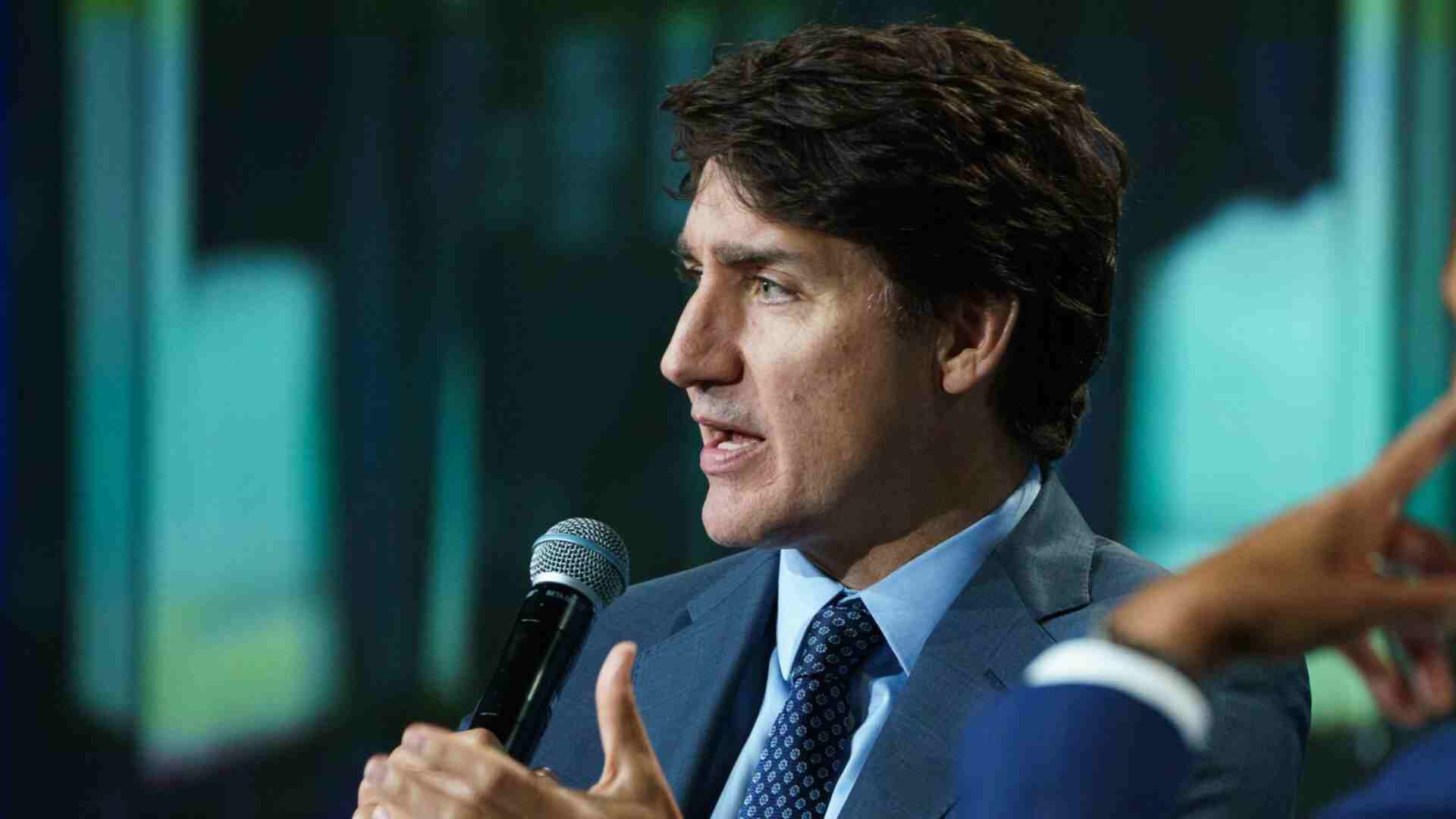
In the bustling neighborhood of Flushing, New York, the day begins early for Wang Gang and many other Chinese migrants. Seeking employment opportunities, Wang and dozens of men gather on street corners, hoping for a day job that will bring them much-needed income.
Challenges and Misconceptions
Despite their efforts, finding work is not easy. Wang’s experience reflects the daily struggle of Chinese immigrants in Flushing, who are far removed from the exaggerated portrayals often seen in political rhetoric. Former President Donald Trump and some Republicans have painted Chinese immigrants as a potential threat, invoking images of a coordinated “military” presence, which Asian advocacy groups warn can fuel discrimination and violence.
“They’re coming in from China — 31, 32,000 over the last few months — and they’re all military age and they mostly are men,” Trump said during a campaign in Schnecksville, Pennsylvania.
“And it sounds like to me, are they trying to build a little army in our country? Is that what they’re trying to do?” He also added.
The Reality of Immigration
Contrary to these claims, the immigrants arriving from China have more pragmatic reasons. They come seeking economic opportunities, escaping poverty, financial setbacks from the pandemic, or repressive conditions back home. The journey to the U.S. is perilous and expensive, involving a trek through Latin America and significant financial investment.
“It is impossible that they would walk on foot for over one month” for that purpose, “We came here to make money.” said Wang.
Numbers and Trends
Data shows a notable increase in Chinese migrants arriving in the U.S., with tens of thousands making the journey. However, there is no evidence to support claims of military intentions among these immigrants. Most are single adults, and their reasons for leaving China are diverse, ranging from economic aspirations to concerns about political freedoms.
Voices from Flushing
Individual stories shed light on the diverse motivations of Chinese immigrants. Chen Wang, for instance, left China due to concerns about political repercussions after expressing dissent. His journey to the U.S. has been marked by hardships, reflecting the challenges faced by many newcomers.
“This trip is deadly. People die. The trip isn’t suitable for women — it’s not suitable for anyone,” said Yin. A 35-year-old Chinese man, identified only by his last name Yin to protect his family’s safety back in China, expressed concerns about their well-being while he is in the US.
Response and Concerns
While U.S. officials acknowledge the economic motivations of these migrants, concerns about China’s geopolitical strategies remain. However, linking immigrants to military threats lacks substantial evidence and risks perpetuating harmful stereotypes.
Looking Ahead
Despite the hardships, many immigrants express gratitude for the opportunities the U.S. offers. They seek stability, employment, and the chance to contribute positively to their new communities.
The story of Chinese immigrants in Flushing underscores the complexity of immigration and challenges common misconceptions. It highlights the resilience of individuals seeking a better life while navigating societal and political landscapes shaped by rhetoric and realities.















